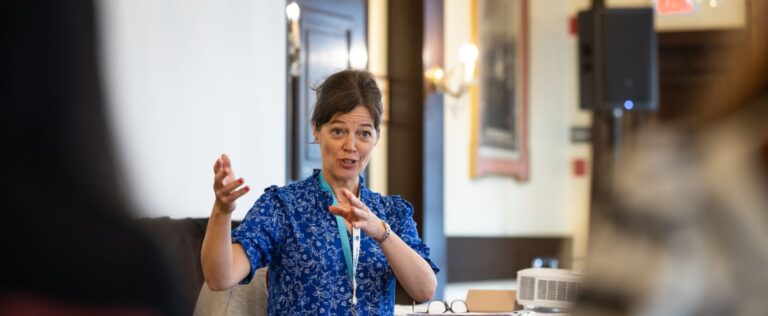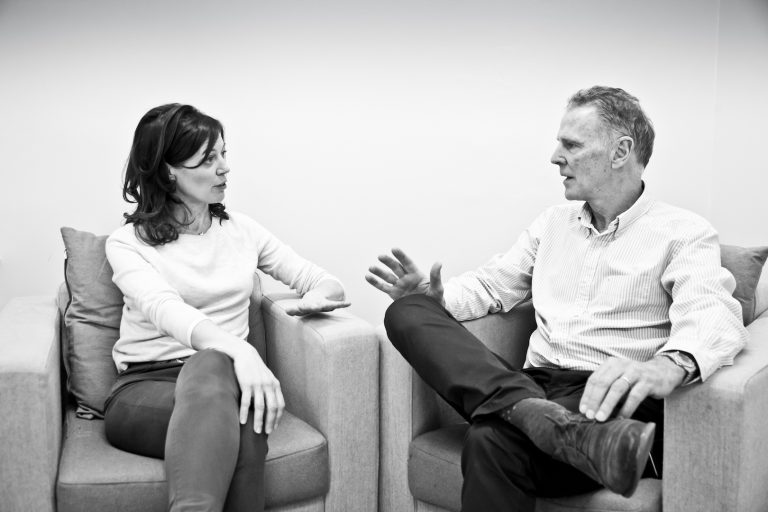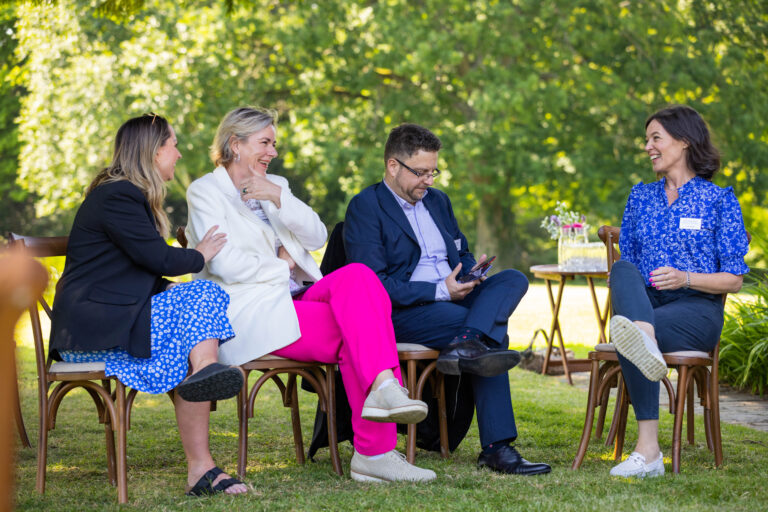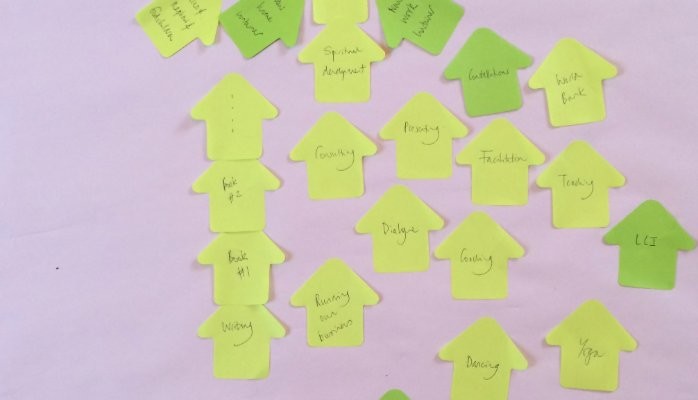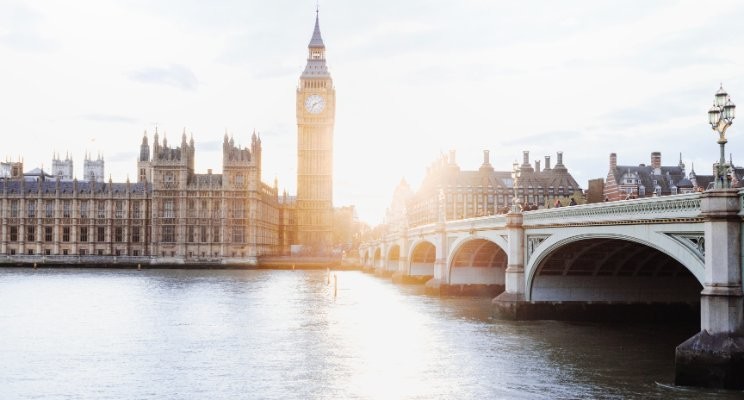
We are living through intense, uneasy and extraordinary times. Darkness seems to be falling wherever we look, and yet there are pinpricks of light too. Never has the potential for humanity to address urgent and global issues — economic inequality, societal polarisation and environmental dangers — been greater. And never has the risk of systemic failure — whether from cyberattacks, stand-offs between nations, or the catastrophic consequences of climate change — been higher. We are poised right on the edge of destiny-changing times.
What will it take for our collective and individual lives to cascade down a path of shared prosperity rather than increasing inequality? How can we make a successful transition to a truly global society where each person has a sense of belonging and right place? How can individuals, nations and organisations have a larger sense of their role in the world without becoming imperialistic or narcissistic?
To lean into the 21st century challenges we face — the renewed threat of nuclear war, the exploitation of our planet by corporations and the indifference of governments towards the people that they are responsible for — we need to rekindle our imaginations about who we are. If we slide into despair about how dangerous our leaders are, how intractable our problems have become and how fragmented our global village is, nothing will change for the better. We might have to dig deep to find hope but dig we must.
Leadership as a bridge of hope
My own sense of optimism comes from the shifting landscape I see around leadership. Whilst it’s true that our world is in turmoil, it’s also true that in organisations across the globe, leaders are starting to wake up and shake things up. In my consulting work as a business psychologist, I’ve seen how a disparate group of people, all pulling in different directions, can come together to become a true team in service of something larger than themselves. When people align around a purpose that creates value for the whole ecosystem of stakeholders of which they are part, hope for a better word becomes possible.
For far too long the dominant narrative in organisational, economic and political life has cast human beings as self-interested, self-maximising and separated. This story is not only incomplete but inaccurate. Recent thinking in psychology, neuroscience and evolutionary biology confirms that our true nature as a human species is to be uniquely empathic, altruistic and sensitive to the needs of others. Our ‘prosocial’ tendencies enabled us to survive the African savannahs and outwit predators faster and stronger than ourselves by being supreme co-operators.
In the corporate world, the story that we’ve been telling ourselves about ourselves has been a long way from this deeper reality. The dominant narrative of rampant individualism, extreme competition and scarce resources has thwarted our collective ability to create a thriving global community that treats people and the planet well. The drive for constant economic growth driven by consumer demands is now at loggerheads with the environmental crisis creating pressure to review and renew our story.
A new leadership story
The good news is that there is a new guiding story beginning to emerge. Leaders around the world in organisations such as Unilever, Grant Thornton and Aviva are discovering their power to become a force for good not just for their immediate stakeholders but for society as a whole. This movement towards what I call ‘purpose-led leadership‘ is exciting because it reflects the interconnected web in which we live and aligns with our deeper potential as the body human. A bridge to a better future is starting to appear.
With the changing landscape of leadership, it would be great to hear from you. What gives you a sense of hope for the future? What positive shifts do you see? How do you see purpose-led leadership starting to appear? Do leave a comment – I promise to respond.

